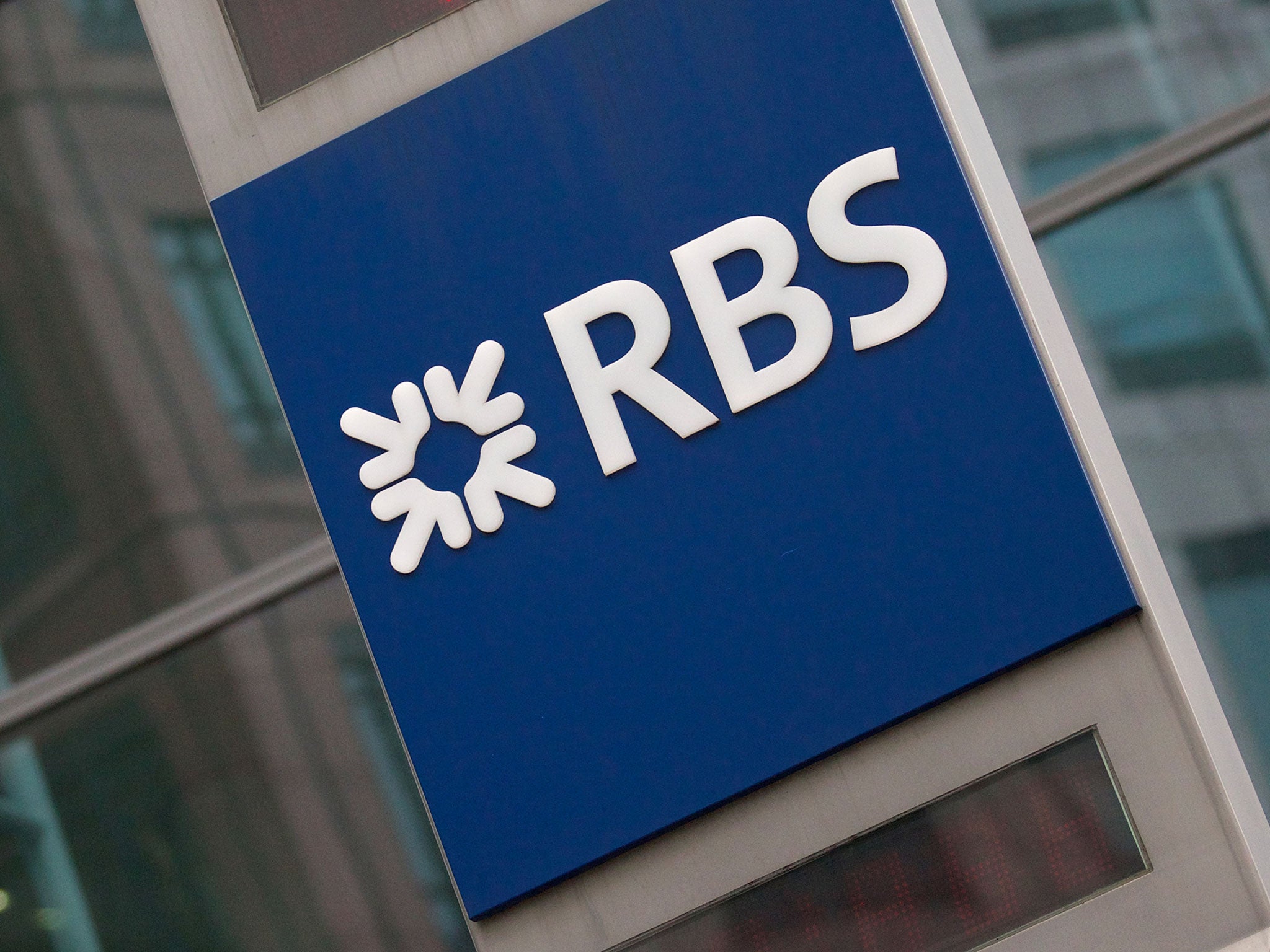John Hourican: The $1 trillion was our main worry, not Libor fixing
He resigned as head of RBS's investment bank. Now at the Bank of Cyprus, he tells Nick Kochan how the City treated him

Your support helps us to tell the story
From reproductive rights to climate change to Big Tech, The Independent is on the ground when the story is developing. Whether it's investigating the financials of Elon Musk's pro-Trump PAC or producing our latest documentary, 'The A Word', which shines a light on the American women fighting for reproductive rights, we know how important it is to parse out the facts from the messaging.
At such a critical moment in US history, we need reporters on the ground. Your donation allows us to keep sending journalists to speak to both sides of the story.
The Independent is trusted by Americans across the entire political spectrum. And unlike many other quality news outlets, we choose not to lock Americans out of our reporting and analysis with paywalls. We believe quality journalism should be available to everyone, paid for by those who can afford it.
Your support makes all the difference.When John Hourican fell on his sword for the involvement of RBS in the Libor scandal in January 2013, the City wondered if he could recover his career.
It had never been alleged that the head of RBS's investment bank knew about the collusion, but some wondered what price Mr Hourican, 43, would have to pay for his involvement.
The news in October that the former head of RBS investment bank would be running Bank of Cyprus ended talk of regulatory stigma.
Fixing Bank of Cyprus will be straightforward compared with RBS.
"My previous job was running 52 countries and 26,000 people for RBS," he says. "This is less complex by some distance than the large investment-banking business that I was involved in fixing at RBS. But its strategic importance to the economy is similar and it has other complexities, one being its illiquidity."
Mr Hourican, who hails from the south of Ireland, looks slightly uneasy in the Mediterranean context. He wears a dark suit and tie that contrasts with the island's more-relaxed banking attire and, to maximise time in his office on the top floor of Bank of Cyprus's headquarters in Nicosia he did not move his family out from the UK.
A meltdown in Greek government bonds, where Bank of Cyprus had invested heavily, hurt. This occurred as Cyprus property market prices were in freefall. The economy was on the verge of collapse when the troika of the International Monetary Fund, the European Central Bank and the European Union agreed a €10bn (£8.3bn) bailout. The difference between this and all other eurozone bailouts is that depositors in the Bank of Cyprus had to pay for it from their own funds.
"This was an experiment in economics on an economy that was small enough to be experimented on by a federation," says Mr Hourican, "If it fails, the damage to the economy is extreme but the damage to the EU is not. The bail-in has removed the one thing the Cyprus banking system needs and that is confidence."
He has a reputation as a company doctor. Appointed head of the RBS investment bank in October 2008, in the wake of the UK Government's £20bn bailout, he slashed the worthless derivatives and mortgage loans on its balance sheet and sacked 10,000 people.
Stephen Hester, the bank's chief executive, was his partner in the cutbacks. Mr Hourican says Libor issues never crossed their desks.
"We had a bust bank. We didn't think data submission to a trade association was a high-risk part of what we were running when we had a trillion-pound balance sheet that needed to be managed. I would do the same thing again."
But when the Libor scandal broke, he felt he had to quit. "I hope my resignation sent a shudder down the organisation saying people need to take responsibility for things that happen on their watch."
When he joined Bank of Cyprus at the end October, moral was rock bottom.
"The bank had been recapitalised by its depositors, so we have the juxtaposition of having the people who dislike the bank the most owning us."
Russian oligarchs whose deposits were converted into equity had joined the bank's board and wanted to recoup their losses.
An assault on bad loans has been Mr Hourican's first priority. Cyprus's recession has left the bank, which recently posted nine-month losses of €1.9bn, restructuring some €6bn worth of loans to property developers.
Getting money back will not be straightforward, said one local lawyer.
"They will do all they can to put him off their backs. He has a fight on his hands. Many have disappeared."
Cypriots have spent many years playing cat and mouse with their banks, said one local banker.
Mr Hourican is not fazed. He says he has the backing of the President of Cyprus, who has simply told him to do "what's right".
Euan Hamilton, a former RBS colleague of Mr Hourican, is chasing smaller defaulters.
When he left RBS Mr Hourican says he didn't expect thanks, though "a gentle acknowledgement to the people who left the company having rescued it from Armageddon would be nice".
Now he has European and Cypriot authorities watching his efforts.
Mr Hourican has given himself three to five years to rescue the Bank of Cyprus.
Could it go down?
"I am not going to say no, because we have to work our way through the problems.
"I will be honest with the descriptions of the problems we uncover. I will be honest with everyone about how we are doing. Any other approach is misleading."
Subscribe to Independent Premium to bookmark this article
Want to bookmark your favourite articles and stories to read or reference later? Start your Independent Premium subscription today.
Join our commenting forum
Join thought-provoking conversations, follow other Independent readers and see their replies
Comments